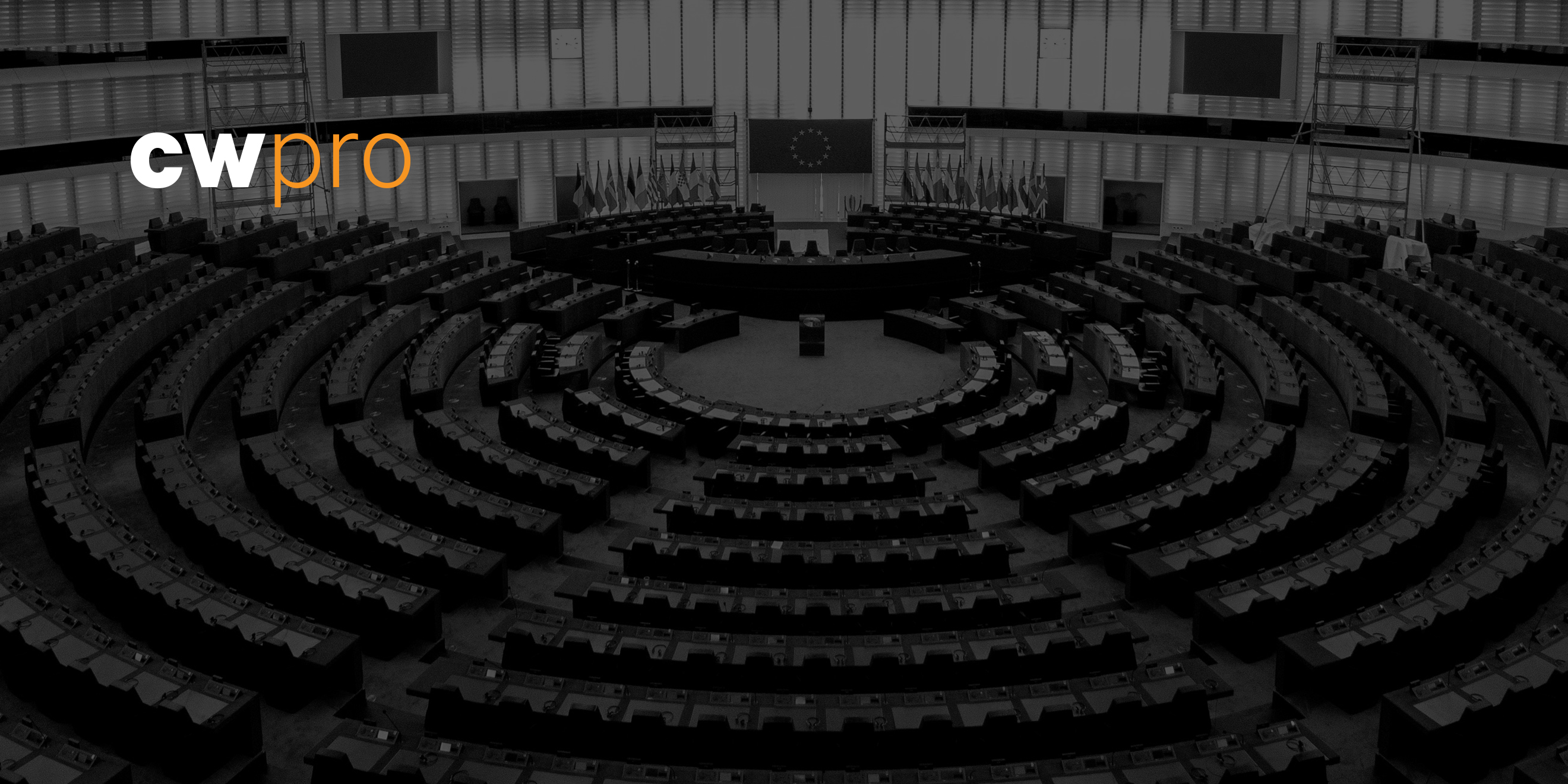At a glance.
- Cyberspace is not as lawless as it appears.
- US skepticism about Huawei continues.
- The US Senate Commerce Committee considers establishing cybersecurity grand challenges.
International law applies in cyberspace, too.
Just Security has a long essay that serves as a useful corrective to the widely held but arguably wrong-headed notion that cyberspace really is lawless, "the Wild West," as it's commonly called. While it's true that many of the details of international law in cyberspace remain unsettled, and while a few (actually, about four) governments habitually behave as if the information super highway is a lawless road straight out of Graham Greene, the reality is quite different. Two general bodies of international law are particularly relevant, and have particularly applicable analogies with norms of good conduct in cyberspace. First, cyberspace is in many respects similar to a global commons, like the oceans, and the law of the sea affords many precedents that guide how one ought to conduct oneself there. Second, cyberspace is a military operational domain, a place where states contend along the spectrum of conflict. And here the international law of armed conflict surely applies. Consider prohibited targets. A cyberattack that effectively took a hospital out of operation would be on the face of it an illegitimate operation, as would cyberattacks that caused disproportionate suffering, or worked indiscriminate damage against clearly civilian targets. "With all due respect to the norm-skeptics, international law is alive and well in cyberspace," the essay's conclusion begins.
The US postpones talks about Huawei until next week, but this shouldn't be read as a reprieve.
A cabinet-level meeting on the future of strictures against Chinese hardware manufacturer Huawei has been postponed until March 11th, Reuters reports, but it seems unlikely this foreshadows any sort of reprieve. Huawei itself seems to be preparing itself for a protracted round of difficulties. The company is preparing to move away from US-manufactured chips to semiconductors it produces itself, Bloomberg reports, and it's beginning to prepare a charm offensive, a kind of image makeover, and the Wall Street Journal says Huawei is talking to various US influencers and K-Street types as it sorts out its strategy.
Cyber Grand Challenges?
The US Senate Commerce Committee is considering how it might establish a set of cybersecurity grand challenges, how it might establish a set of clearly stated, difficult-to-solve but in-principle-soluble problems that researchers could tackle for appropriate rewards. Nextgov says there's draft legislation that would put money behind such challenges.
